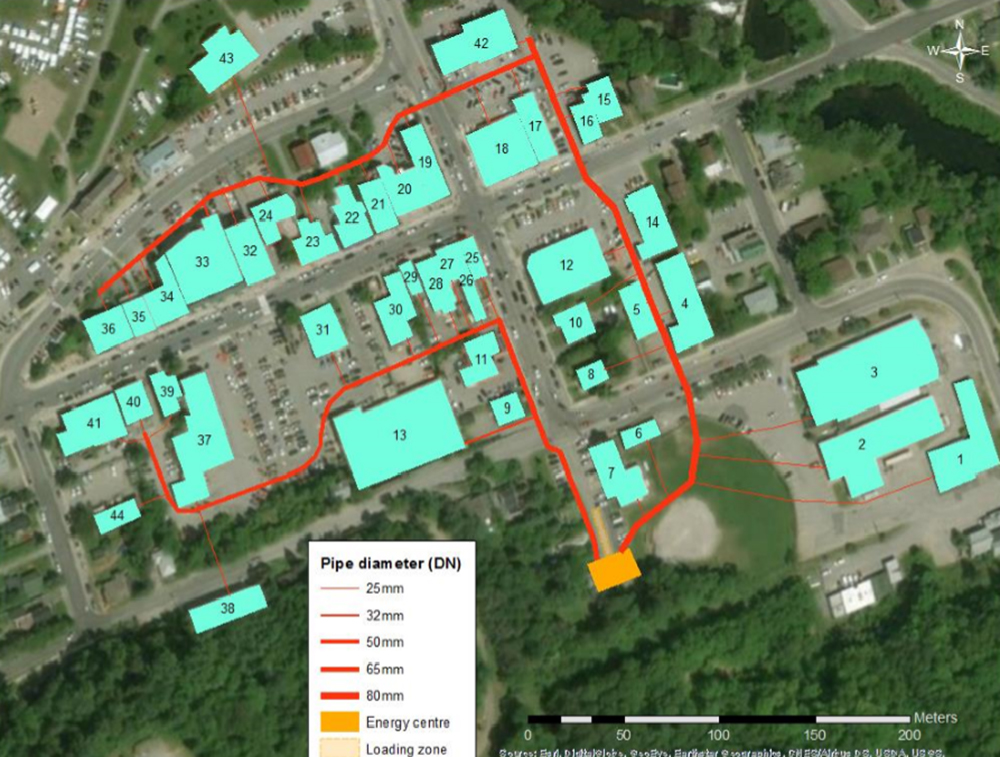Torchlight BioResources is trying to restart its cancelled wood-fuelled bioheating project with as many municipalities as possible.
The Haliburton Forest-based company and Dysart et al are inviting more than 20 regional municipalities to participate in a workshop about municipally-owned heat utility development Oct. 1. The aim is to revive an effort to create bio heating projects with municipalities, which was cancelled in Dysart after the new provincial government pulled back a $2.8 million grant.
Managing director Jamie Stephen said his company now hopes to get federal grant dollars by partnering with many different municipalities.
“It’s an opportunity to learn but also to talk about how the municipalities can work together,” Stephen said. “Some of them are quite small, how can they work together to develop these projects?”
Dysart et al is still partnered with Torchlight in a public-private utility corporation. Using a 50-50 split between public-private dollars, the partners planned to develop a district heating system using locally-sourced woodchips to heat 50 buildings in Haliburton village, reducing energy costs.
They were successful in getting a $2.8 million grant from the previous provincial government under the Municipal Greenhouse Gas Challenge Fund. The grant would have covered the public portion of the funding, but a change in government meant the end of the grant in July 2018.
Stephen said the project stalled after that. But with the utility corporation still in place, Torchlight has explored new grant opportunities and is now targeting federal dollars under the Investing in Canada Infrastructure Program.
“We do think there’s a very strong argument for bioheat and district energy systems from a job creation, rural economic development perspective,” Stephen said.
The company plans to create multiple bioheating projects by partnering with multiple municipalities through publiclyowned utilities. The municipal invites are going out as far as Muskoka in the west to Elgin in the East.
In a letter to municipal leaders, Dysart et al Mayor Andrea Roberts spoke to the potential of the system.
“This district heating system approach has been widely adopted in Europe as an alternative to natural gas and/or individual building fuel deliveries,” Roberts said. “We believe there could be significant value in partnering with other municipalities.”
Stephen said the initiative would create job opportunities. He added it would also be a boon to a declining forestry sector, providing a new market for Haliburton Forest to sell low-grade wood to fuel the heating systems.
Despite the approaching federal elections, Stephen said this is a project any government can get behind.
“It seems like infrastructure is something that is bipartisan. Lowering energy costs for rural residents is something that I think any party can get behind,” Stephen said.
“This is a way for communities to insulate themselves from climate-related policies, which is what the purpose of the policies is,” he added. “To shift people away from fossil fuel consumption.”





